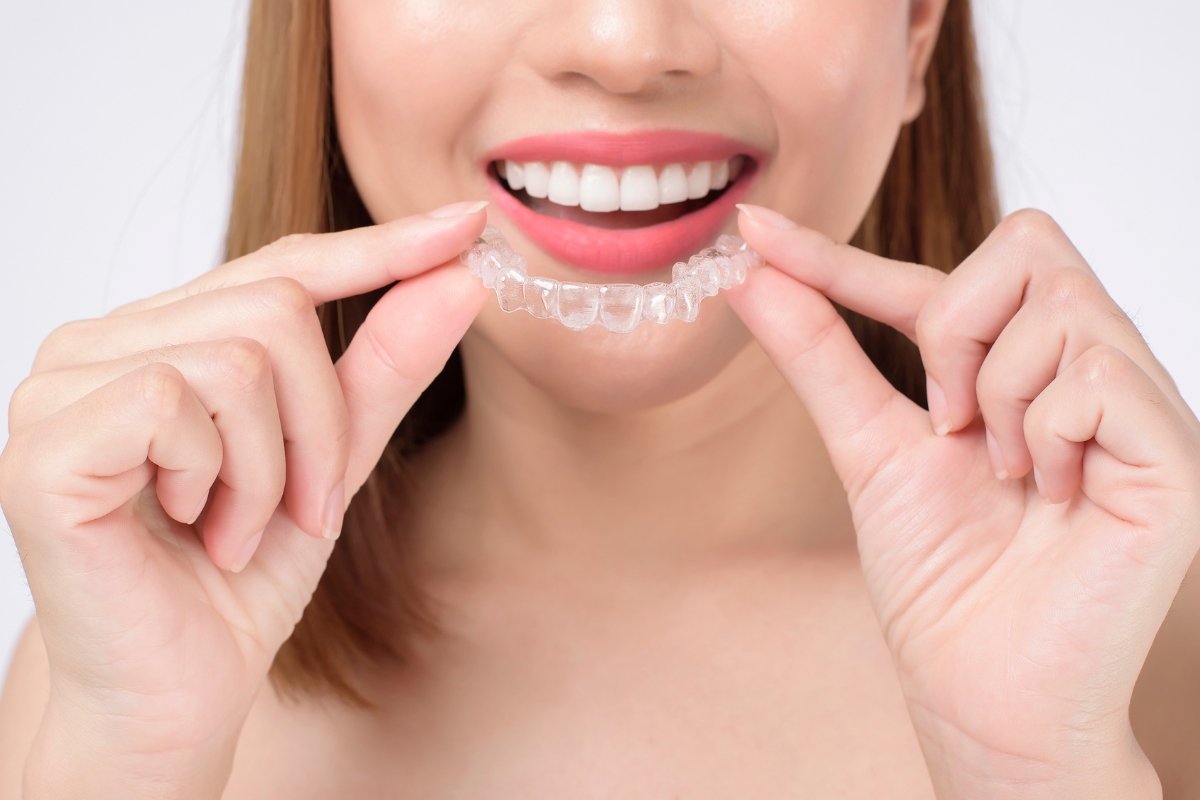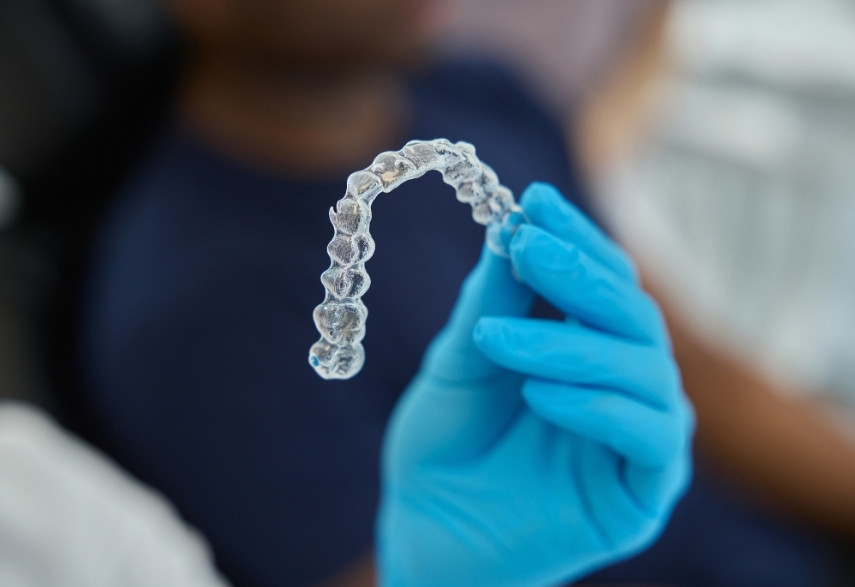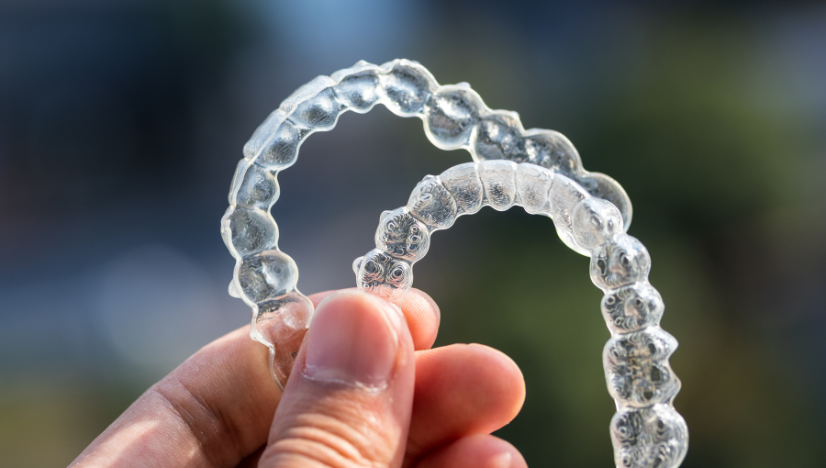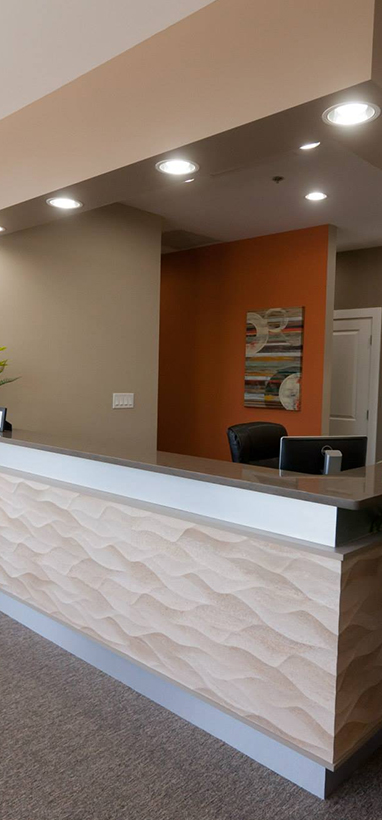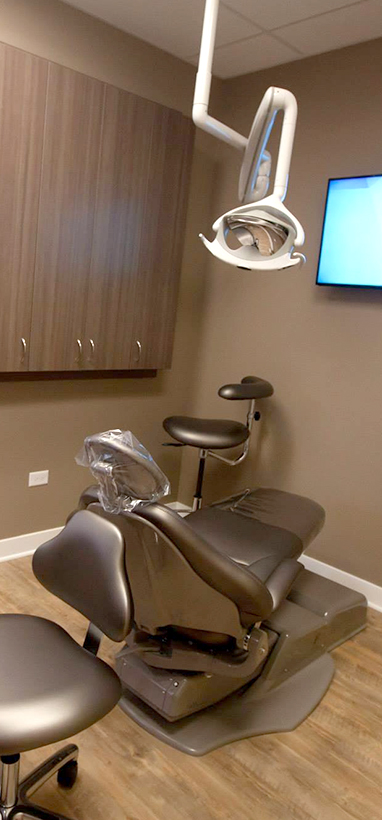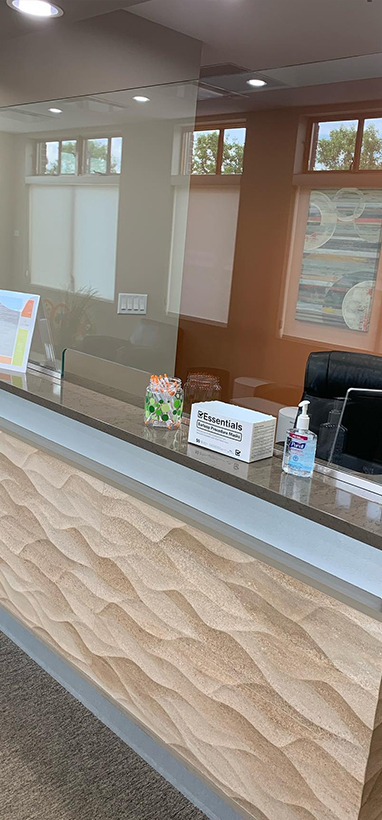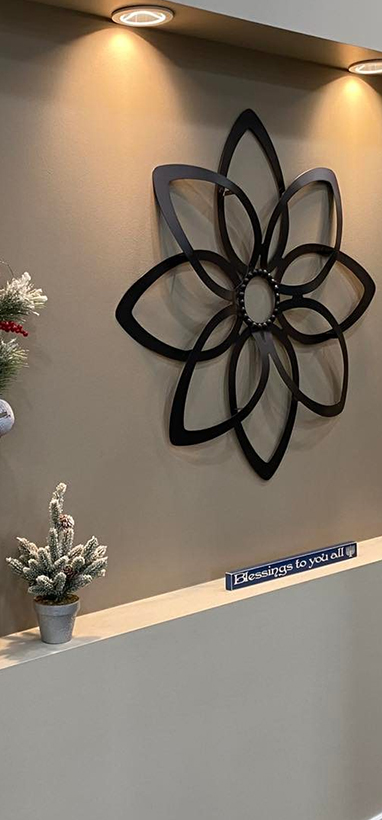1516 Legacy Cir, Naperville, IL 60563
Complete Guide to Invisalign Treatment: Eligibility and FAQs
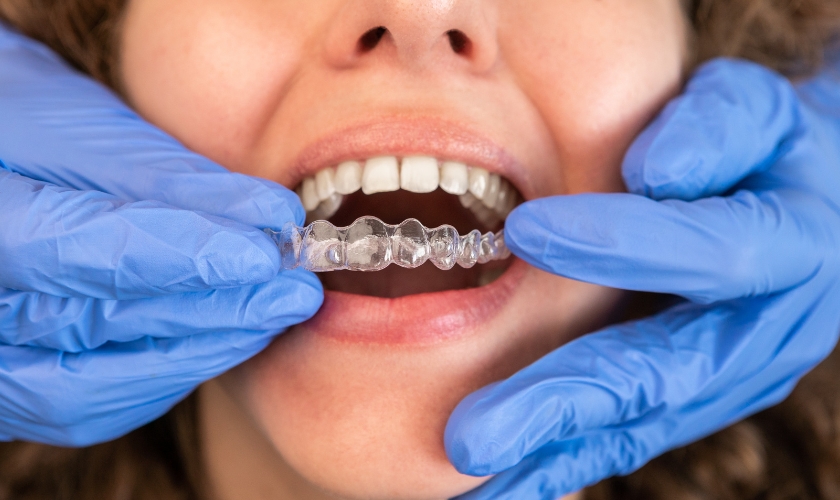
In recent years, Invisalign has revolutionized orthodontic treatment, offering a discreet, comfortable alternative to traditional braces. With its clear aligners and innovative technology, Invisalign has become increasingly popular among individuals seeking to straighten their teeth without the hassle of metal wires and brackets.
But who exactly is eligible for Invisalign treatment? In this comprehensive guide, we’ll delve into the criteria for eligibility, exploring who can benefit from Invisalign and answering some common questions about the treatment.
Who Is Eligible for Invisalign Treatment?
- Age: Invisalign is suitable for both teens and adults. Adolescents with all their permanent teeth erupted can generally undergo Invisalign treatment. However, it’s essential for teenagers to be disciplined about wearing their aligners as instructed by their orthodontist.
- Orthodontic Issues: Invisalign can address a variety of orthodontic issues, including overcrowding, gaps between teeth, overbites, underbites, and crossbites. However, the severity of these issues may affect eligibility. While mild to moderate cases can often be treated with Invisalign, more complex cases may require traditional braces.
- Commitment to Treatment: Invisalign treatment requires commitment and discipline. Patients must be willing to wear their aligners for 20 to 22 hours per day, removing them only for eating, drinking (except water), and oral hygiene. Those who cannot adhere to this regimen may not achieve optimal results with Invisalign.
- Oral Health: Good oral health is essential for successful Invisalign treatment. Patients should have healthy gums and teeth, free from issues such as decay and gum disease. Any underlying oral health issues should be addressed before beginning Invisalign treatment.
- Lifestyle Factors: Certain lifestyle factors may impact eligibility for Invisalign. For example, individuals who play contact sports may need to take extra precautions to protect their aligners. Additionally, heavy smokers may not be ideal candidates for Invisalign due to the risk of discoloration and damage to the aligners.
Frequently Asked Questions (FAQs) About Invisalign Treatment:
Q1: How long does Invisalign treatment take?
A1: The duration of Invisalign treatment varies depending on the complexity of the case. On average, treatment typically lasts between 12 to 18 months. However, some cases may be completed in as little as six months, while others may take up to two years.
Q2: Are there any dietary restrictions with Invisalign?
A2: Unlike traditional braces, there are no dietary restrictions with Invisalign since the aligners are removable. However, patients should avoid consuming anything other than water while wearing their aligners to prevent staining and damage.
Q3: How often do I need to visit the orthodontist during Invisalign treatment?
A3: Patients typically visit their orthodontist every 4 to 6 weeks during Invisalign treatment for progress checks and to receive new sets of aligners. These appointments are crucial for ensuring that the treatment progresses as planned.
Q4: Will Invisalign affect my speech?
A4: Some patients may experience temporary changes in their speech when they first start wearing Invisalign aligners. However, most people adapt quickly, and any speech impediments usually resolve within a few days to a week.
Q5: Is Invisalign more expensive than traditional braces?
A5: The cost of Invisalign treatment varies depending on factors such as the complexity of the case and the location of the orthodontic practice. In general, Invisalign tends to be comparable in cost to traditional braces, but this can vary. Many orthodontic offices offer payment plans to help make treatment more affordable.
Invisalign offers a convenient, discreet, and effective solution for straightening teeth and achieving a beautiful smile. While many individuals are eligible for Invisalign treatment, it’s essential to consult with an experienced orthodontist to determine if it’s the right option for you. By considering factors such as age, orthodontic issues, commitment to treatment, oral health, and lifestyle factors, you can determine whether Invisalign is the best choice to meet your needs. If you’re considering Invisalign, don’t hesitate to schedule a consultation with a qualified orthodontist to learn more about your eligibility and what to expect from treatment



